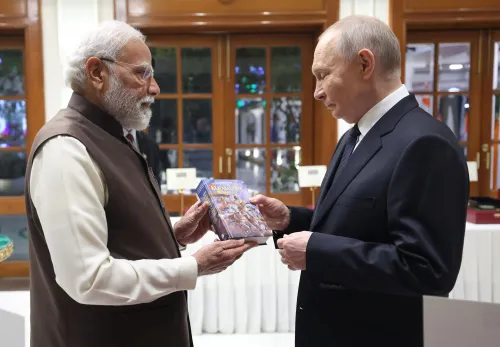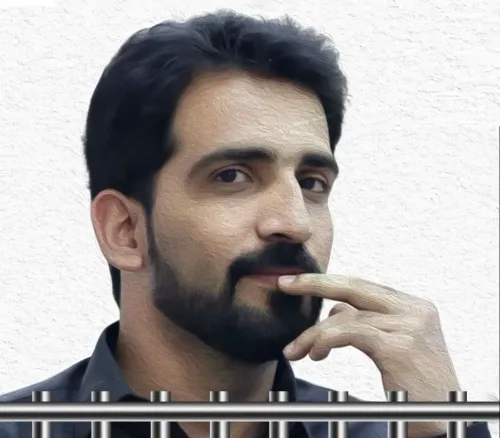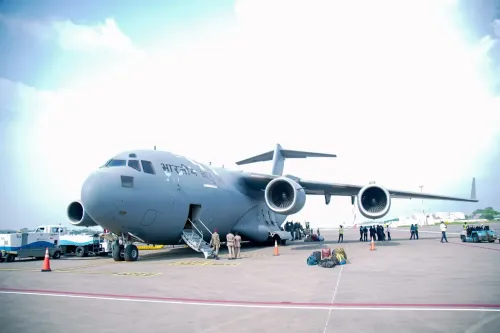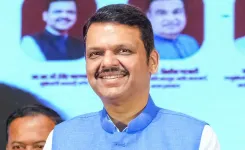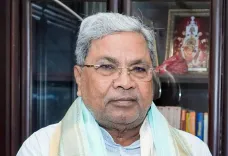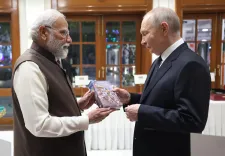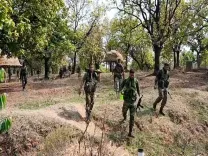Has EAM Jaishankar Reinforced India's Right to Combat Terrorism and Seek Quad Understanding?
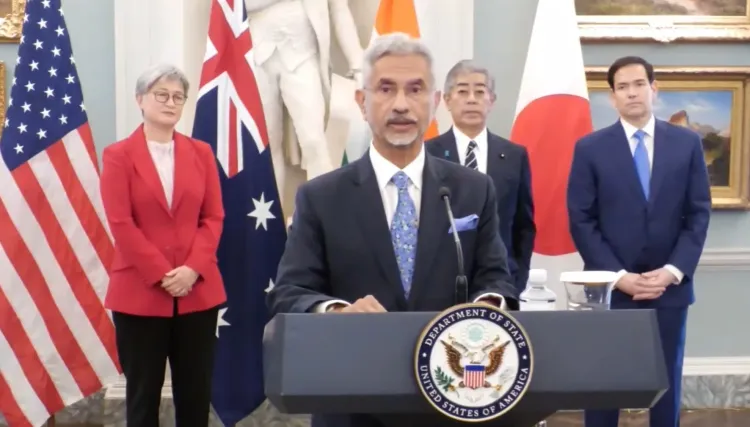
Synopsis
Key Takeaways
- India's right to self-defense against terrorism is paramount.
- Quad partners are expected to understand and support India's security concerns.
- Counter-terrorism remains a central focus of the Quad agenda.
- Significant progress has been made in Quad initiatives.
- Streamlined operations enhance the Quad's effectiveness.
Washington, July 1 (NationPress) External Affairs Minister (EAM) S Jaishankar emphasized on Tuesday that India has the inalienable right to defend itself from terrorism, urging the Quad nations to recognize this during their ministerial meeting. “India has every right to protect its citizens against terrorism, and we will act on that right,” he stated alongside US Secretary of State Marco Rubio and Foreign Ministers Penny Wong of Australia and Takeshi Iwaya of Japan.
“We expect our Quad partners to understand and appreciate that,” he asserted.
This marks the first Quad ministerial gathering since the horrific Pahalgam massacre on April 22, executed by Pakistan-backed terrorists, and India's subsequent decisive response, 'Operation Sindoor'.
Addressing the Pahalgam incident, EAM Jaishankar remarked, “In light of our recent experiences, it's vital that the world demonstrates zero tolerance for terrorism. We must never equate victims with perpetrators.”
Counter-terrorism remains a crucial focus within the Quad agenda.
Prime Minister Narendra Modi is scheduled to host the Quad leaders' summit later this year, featuring US President Donald Trump, Prime Minister Anthony Albanese of Australia, and Prime Minister Shigeru Ishiba of Japan.
“We have several proposals aimed at making the summit productive,” Jaishankar noted. “I am confident our partners also have suggestions, and discussions will lead to a consensus on our approach.”
“With so much occurring globally, I believe our discussions will prove invaluable for all parties,” he added.
The Quad is dedicated to upholding a rules-based international order, emphasizing the importance of freedom of choice for nations in the Indo-Pacific to make sound decisions.
Jaishankar highlighted the Quad's mission of “deepening our convergence and expanding our common ground.”
“We have made substantial strides in Quad initiatives over recent months,” he stated.
These initiatives encompass areas such as maritime security, technology, education, and political coordination.
During this meeting, he indicated, “We will address how the Quad's operations have become more effective by streamlining working groups to be more cohesive, agile, and focused.”
“I value our discussions on various aspects of the Indo-Pacific,” he concluded.


